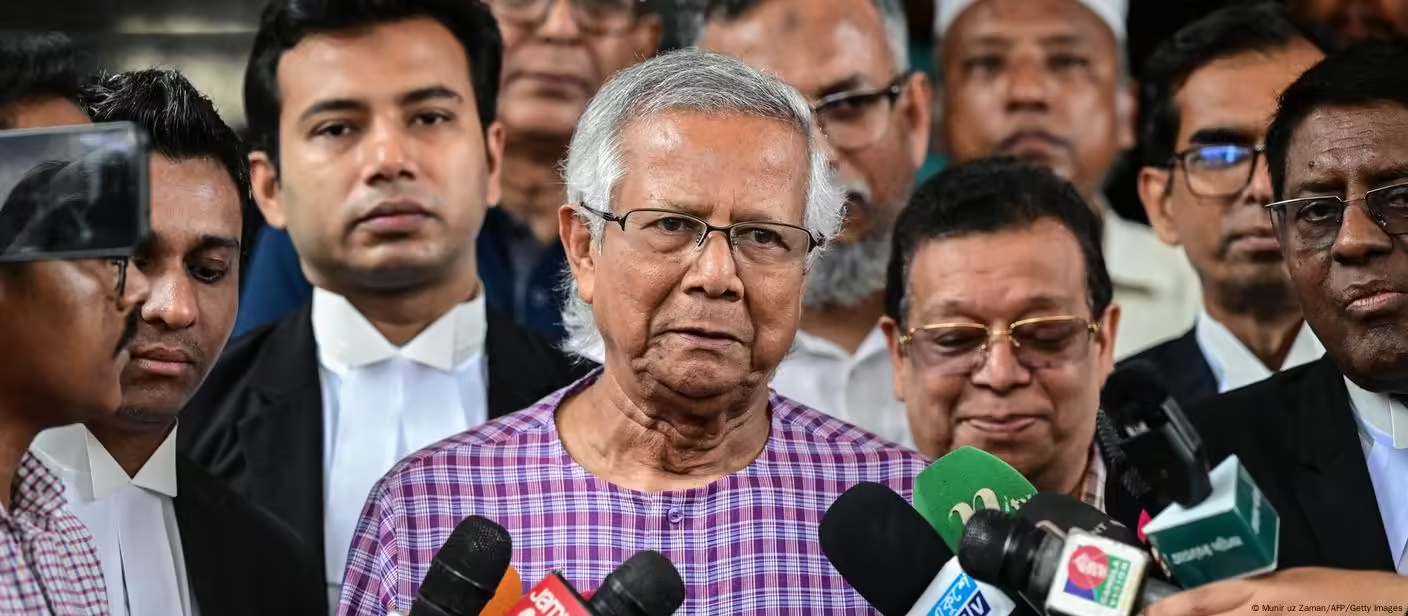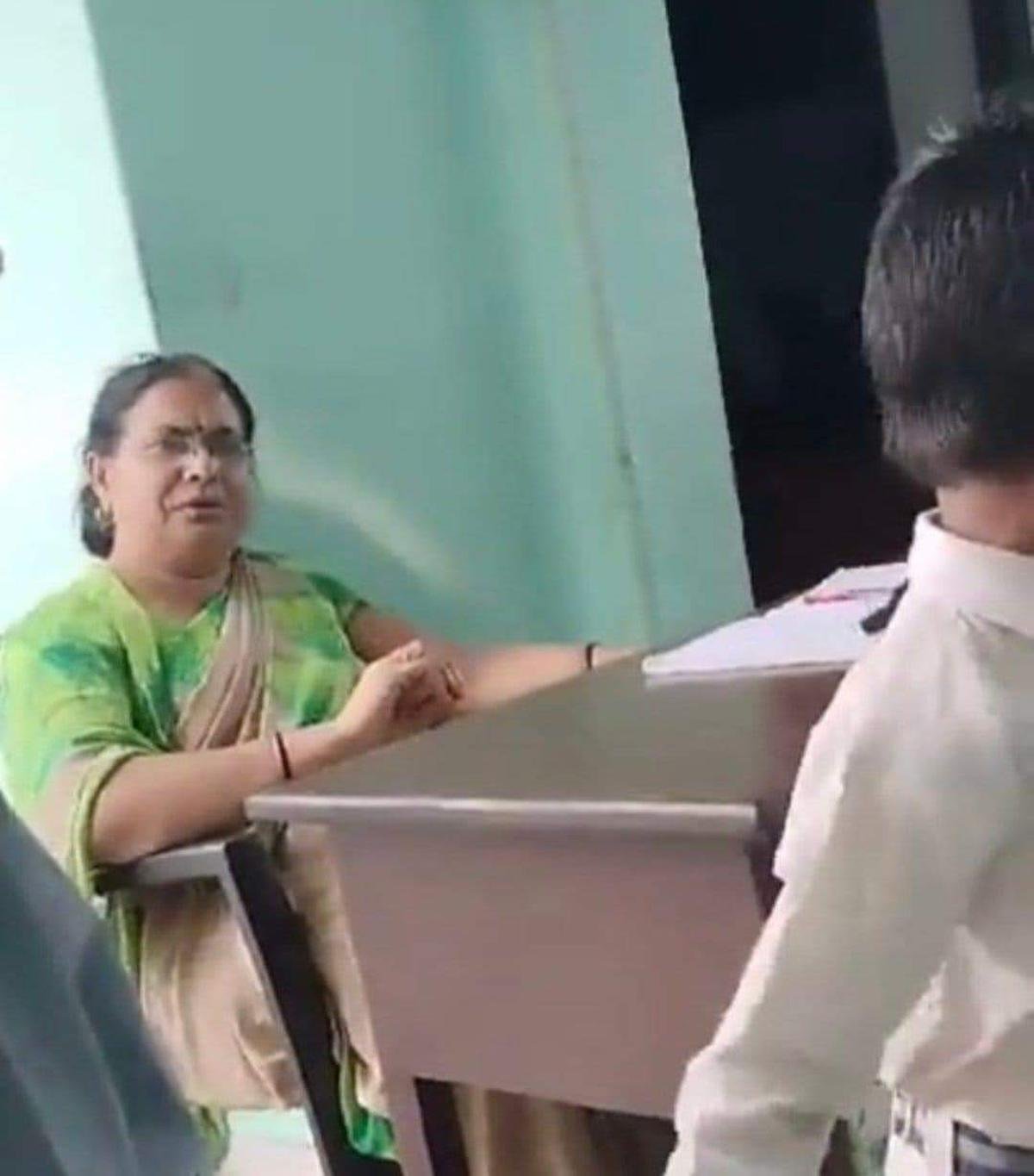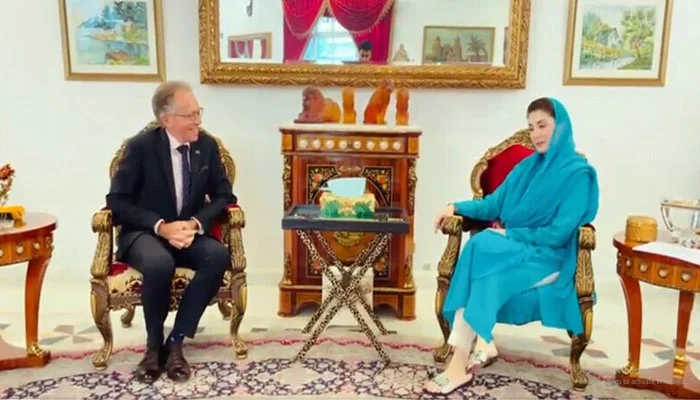Muhammad Yunus, the Nobel Peace Prize laureate renowned for his groundbreaking work in microfinance, has been entrusted with leading Bangladesh’s interim government following the dramatic departure of long-time Prime Minister Sheikh Hasina. Yunus, who has previously been lauded for lifting millions out of poverty through his innovative microcredit model, will serve as caretaker premier until new elections are arranged.
The turmoil began when Hasina, facing widespread protests and escalating unrest, fled the country. Yunus, who was in Paris recovering from surgery and working as an adviser for the Summer Olympics, was announced as the interim leader. He has long been critical of Hasina’s rule, which he described as a period of “oppression, mismanagement, and corruption.” In a recent interview with FRANCE 24, Yunus referred to Hasina’s departure as Bangladesh’s “second Liberation Day.”
At 84, Yunus was the favored choice of student leaders whose protests against Hasina’s regime had turned into a broader uprising, triggered by a violent crackdown that resulted in over 400 deaths. Following discussions with student leaders, military officials, and President Mohammed Shahabuddin—who dissolved parliament a day earlier—Yunus agreed to lead the interim government.
In a statement, Yunus called for calm and urged the nation to “make the best use of our new victory.” He is set to return to Bangladesh to oversee the transition and has emphasized the importance of harnessing the country’s vibrant youth and creative potential.
Yunus, who won the Nobel Peace Prize in 2006 for his efforts with Grameen Bank, has faced significant challenges, including numerous criminal cases and a smear campaign orchestrated by the previous regime. Despite these obstacles, his work in microfinance has had a global impact, inspiring similar initiatives worldwide.
As Bangladesh transitions to a new government, the specifics of the interim administration’s duration and its electoral plans remain unclear. There is also uncertainty about the level of military involvement in the governance process. General Waker-Uz-Zaman has expressed support for Yunus, hoping he will guide the country through a democratic restoration.
Yunus has acknowledged his initial reluctance to assume a leadership role but ultimately felt compelled to act in response to the sacrifices made by the protesters. He remains optimistic about Bangladesh’s potential, citing its achievements in microcredit and social business as evidence of its creative capabilities on the global stage.



